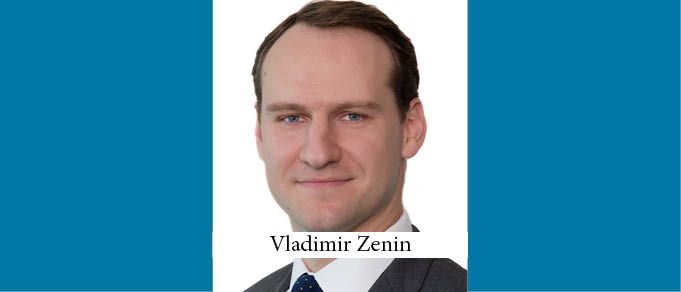I vividly remember my first deal ever. It was a debut Eurobond from a Russian corporate after the financial crisis in 1998. I was interning in the “summer boot camp” of a major ILF in Moscow right after the fourth year of my law studies. A first grip at a due diligence exercise, trying to understand what it was like to be a lawyer in private practice – not least to see if I actually wanted to be one.
Believe it or not, I did not hesitate for too long. It was exciting and very promising, given the pace at which the market was developing throughout the decade between the two crises of 1998 and 2008. Work-life balance was a nonsensical concept, and, like most of my peers, I was hungry for a challenge and, yes, good pay as initial signs of a track that would lead to success.
I would not have believed it if anyone had told me back then that in less than ten years the same client I was doing that due diligence for, the industry in which it operated, my country, and quite a number of other things in the world would be so different. Even less would I have been able to imagine that I would assume responsibility for the relationship with that same company as one of the strategic clients at my new firm and get a chance to represent it on what was a ground-breaking outbound transaction for a Russian NOC – a clear demonstration of how important the role of the state is in the Russian market.
It is often argued that a lot of what you get in life actually happens by chance. In reality, even if you are initially lucky, success usually comes only through hard work. In the lawyers’ world, it is preparation, preparation, and preparation … in addition to research, rehearsal, review, delegation, supervision, and so on. Luck is important, but hardly decisive. But how much of what I achieved was actually attributable to just grinding away?
Here comes the best part. I have almost always been in very good company: my mentors. Yes – not one; there were consistently a number of them at a time. Initially, they were just partners. Interestingly, there were “inadvertent celebrities” whose fan club I belonged to and who did not realize they were mentoring me like no one else. There have been great cases of those who led by example and who my peers simply looked up to and whose professional, and sometimes personal, behavior they tried to copy. At the same time, there have been others who showed more what (and how) things should not be done. That is how I learned that a bad example is probably not any less (and may well be more) important than a good one.
Mentorship covered a range of areas, but the most vital to me were client and team management. These “softest” of all skills relevant to the top assets of any law firm – clients and fee earners – are the areas where young talent is most at risk and requires guidance and, as I was destined to find out by my own example, where the mentor’s personality can have a decisive impact on the success of the mentorship itself. Their advice and feedback were provided in a combination of brutal honesty, impartiality, and fairness. I could not ask for more.
Over time my own mentorship of others became another challenge and an extremely rewarding experience, especially when I was fortunate enough to deal with someone whose performance consistently exceeded my expectations. If you are lucky enough to be on such a case, the less you intervene, the better, and the sooner you understand and accept that, the greater your ultimate reward. Your doubts and temptation to interfere are always with you, but the test of whether you are right or wrong is also very clear, no matter how subjective it may seem. It is that very special feeling of fulfilment when you realize that you are being surpassed by your own mentee who at some point starts mentoring you ... again, most likely inadvertently. Those with parenting experience will probably understand me best.
Finally, you start seeing an extra dimension. Not only do you observe and assess the improvement of your apprentice’s technical skills, but also collect internal and external feedback which, as you grow your practice, becomes key to measuring your own success and defining your own strategy.
By Vladimir Zenin, Partner, CMS Moscow
This Article was originally published in Issue 4.11 of the CEE Legal Matters Magazine. If you would like to receive a hard copy of the magazine, you can subscribe here.


